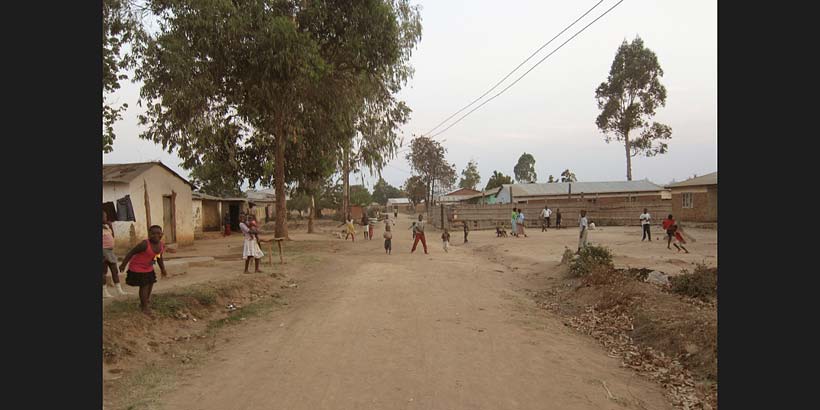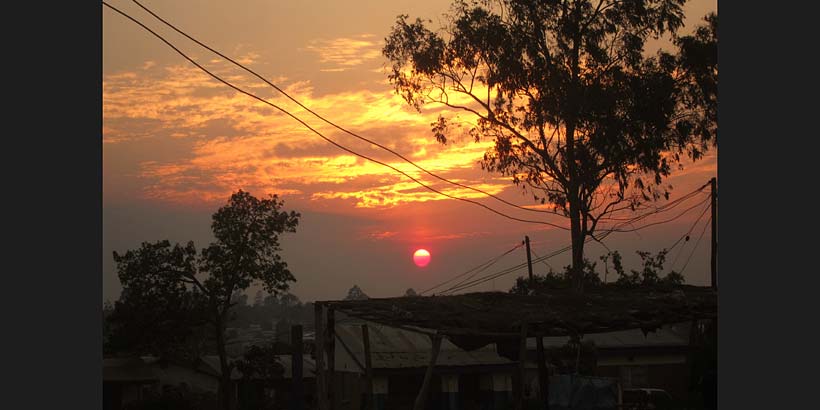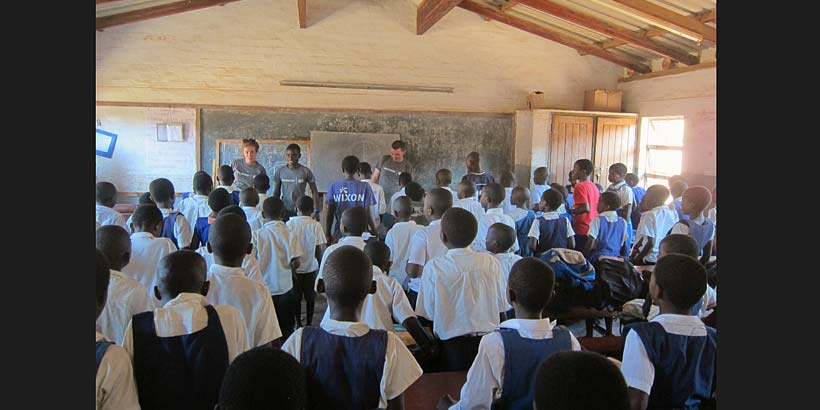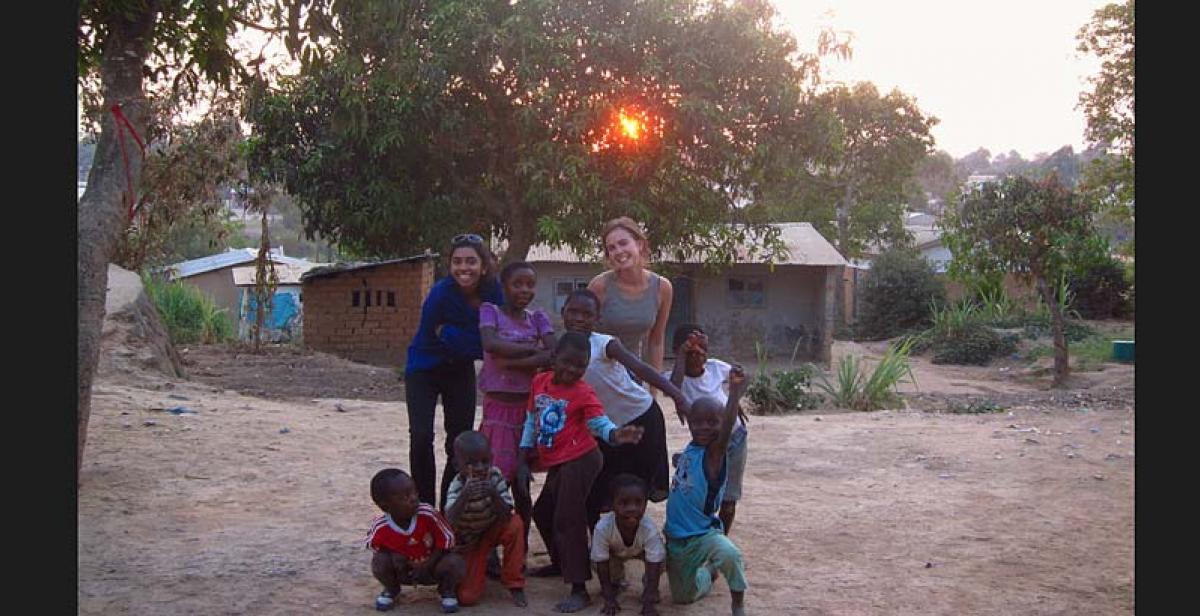Leaving home was very daunting, it was full of what in hindsight really were quite selfish thoughts. I thought about how I had only just finished my A-Levels, how all my friends were only just leaving for University and how I was going to Malawi, a developing country, for three months. How I was going to live with a family that I didn’t know and on a project with a whole new group of people, half of which do not have English as there first language. Initially, some of my concerns were met, adjusting to life in what felt like a whole new world is not easy for anyone. The ‘Azungu’ taunts that have now become the background song to a sunny life, were at first slightly threatening, I think I took the excitement the wrong way (Azungu means white person by the way). It was hard adjusting to such a new and strange culture, where everyone smiles at you and everyone asks you how you are, and everyone asks if you’d like walking home. Here people get offended if you don’t reply with utmost enthusiasm, and when your biggest fear is complacency, you develop a strange robotic mind-set.

You’ll be pleased to know that this alien version of myself disappeared within the first week. It was then I began to realise how actually, it is British culture that is the strange one, not that of Malawi. Why don’t we all smile at each other? Why don’t we ask strangers how they are? Why don’t we all make sure that people are having a nice day? Yes, in some UK villages there are a lot of smilers, but in general, all of those above questions are alien for us. We are brought up to fear strangers not embrace them – of course this is important but it is a counteractive ideology. If we ostracise those in our community, then we don’t build relationships, so we don’t have a support network that will help us when any danger does come along. Surely it is better to welcome everyone and build a safe community network, than fear the unknown and have no framework of support.

It was not just questioning my own thoughts that changed my mind set but my first experiences. Grief and funerals in Malawi are incredibly significant, the whole community will attend the funeral of somebody without invitation – invitation is not needed when a community understands the need for support. I cannot cloud the poverty around us with pretty words, as beautiful as it is here we are surrounded by poverty. Our host mother probably attends two funerals a week. The second funeral that I attended here was for her mother, Susan. Susan had been living with throat cancer for longer than Agnes could recall, it was officially diagnosed in May 2015 but the family knew she had been living with it for much longer. We visited Susan twice, before her death in the second week of our placement. The walk to her house was always as the sun was setting and was breath-taking, the sun sets over the houses on the hill in the next town from ours and the laughter of children surrounds you in their last football games of the day. The constant greetings of friends passing echo and we pass funny signs, like the one below of UK wedding dresses for hire. We arrive and it is clear how sick Susan is, she lies on a bed, unable to speak. The small house is full of chickens. We meet two women here, and to me they are shockingly happy, they laugh together and speak quickly in Tumbuka, the language of this northern Malawian district. Elubee and Deborah are Agnes’ sisters and they instantly embrace us with welcoming arms. Imagine this kind of scene in Britain, where a stranger joins three sisters watching their mother die. Do you see laughter? Do you see acceptance and happiness? This is what I felt and it was part of the ignition for my love of this country.

Our town, called Chibavi, is just outside the third biggest city in Malawi, Mzuzu. If it is not the bicycle taxi drivers that first greet you it will be the children, then their parents, then their grandparents, and the next thing you know everyone is waving and everyone is happy.

Last week was our half way line and as we walk the dusty roads of the town, children surround us with the chant ‘School is cool’, this is very very special. We have visited twelve schools now, and at the primary schools, we are championing the importance of education, especially for girls. When 20 per cent of girls marry before the age of eighteen, this is a very important message for the empowerment of Malawian girls. For some, leaving school because it is economically unfeasible is inevitable but to drill the importance of returning and succeeding is crucial. We speak about all of the factors that cause many young girls and boys to leave school here; HIV, poverty, peer pressure, early child marriages, and the list goes on. We then speak about aspirations and they all have aspirations; doctors, nurses, lawyers, bank managers (my personal favourite), police men, teachers, engineers (girls and boys), the list again, goes on. We end our sessions singing ‘school is cool, school is cool’. They laugh at the Azungu at the front of the room dancing around singing a song, but it’s sinking in, they see us embracing them. It is clear that if we embrace this culture they too will embrace us!
Written by ICS volunteer Anna Jarrett Rawlence



